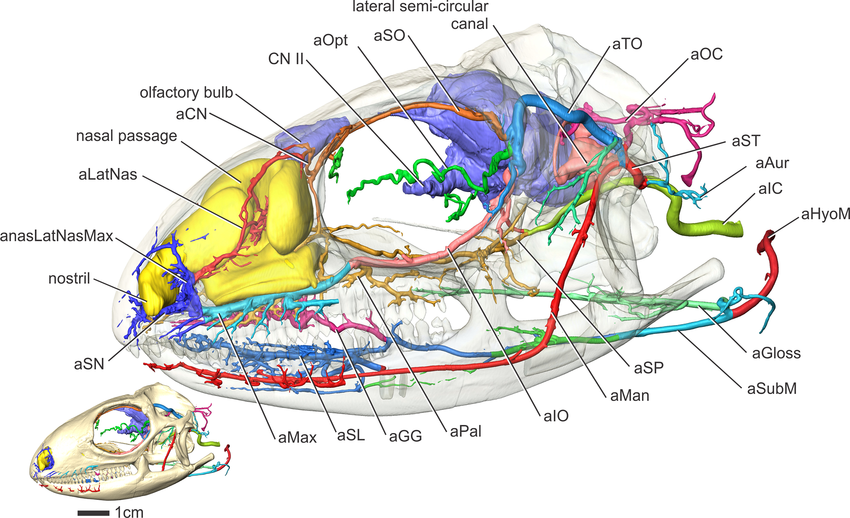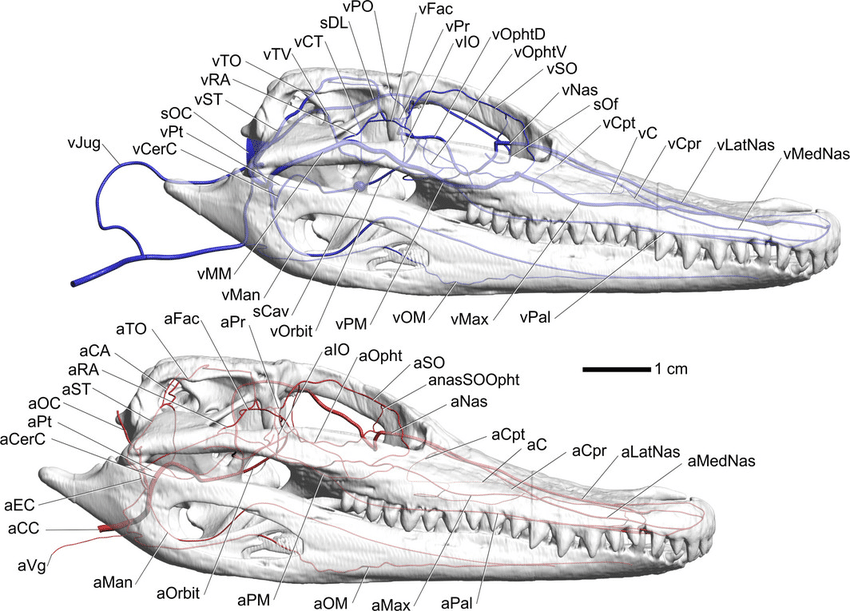De Natura Deorum (On the Nature of the Gods) :- is a philosophical dialogue by Roman Academic Skeptic philosopher Cicero written in 45 BC. It is laid out in three books that discuss the theological views of the Hellenistic philosophies of Epicureanism , Stoicism, and Academic Skepticism. De Natura Deorum belongs to the group of philosophical works which Cicero wrote in the two years preceding his death in 43 BC. He states near the beginning of De Natura Deorum that he wrote them both as a relief from the political inactivity to which he was reduced by the supremacy of Julius Caesar, and as a distraction from the grief caused by the death of his daughter Tullia.
The dialogue is on the whole narrated by Cicero himself, though he does not play an active part in the discussion. Gaius Velleius represents the Epicurean school, Quintus Lucilius Balbus argues for the Stoics, and Gaius Cotta speaks for Cicero's own Academic Skepticism. The first book of the dialogue contains Cicero's introduction, Velleius' case for the Epicurean theology and Cotta's criticism of Epicureanism. Book II focuses on Balbus' explanation and defense of Stoic theology. Book III lays out Cotta's criticism of Balbus' claims. Cicero's conclusions are ambivalent and muted, "a strategy of civilized openness"; he does, however, conclude that Balbus' claims, in his mind, more nearly approximate the truth (3.95).
🪽Book 1 :- In Book 1 Cicero visits the house of Cotta the Pontifex Maximus, where he finds Cotta with Velleius, who is a Senator and Epicurean, and Balbus, who is a supporter of the Stoics. Cotta himself is an Academic Skeptic, and he informs Cicero that they were discoursing on the nature of the gods. Velleius had been stating the sentiments of Epicurus upon the subject. Velleius is requested to go on with his arguments after recapitulating what he had already said. The discourse of Velleius consists of three parts: (1) a general attack on Platonist and Stoic cosmology; (2) a historical review of the earlier philosophers; (3) and an exposition of Epicurean theology. Velleius raises the difficulty of supposing the creation of the universe to have taken place at a particular period of time, and questions the possible motive of a God in undertaking the work. The historical section (10–15), is full of inaccuracies and misstatements, of which it is likely that Cicero himself was ignorant, since he has Cotta later praise this account. The purpose however is for Velleius to show that the Epicurean idea of God as a perfectly happy, eternal being, possessed of reason, and in human form, is the only tenable one, and the other differing opinions is regarded as proof of their worthlessness. In the remainder of the book, Cotta attacks the positions of Velleius with regard to the form of the gods, and their exemption from creation and providence.🪶
🪽 Book 2 :- In Book 2, Balbus gives the Stoics' position on the subject of the gods. He alludes to the magnificence of the world, and the prevalence of belief, and refers to the frequent appearance of the gods themselves in history. After referring to the practice of divination, Balbus proceeds to the "four causes" of Cleanthes as to how the idea of the gods is implanted in the minds of people: (1) a pre-knowledge of future events; (2) the great advantages we enjoy from nature; (3) the terror with which the mind is affected by thunder, tempests, and the like; (4) and the order and regularity in the universe. Balbus further contends that the world, or universe itself, and its parts, are possessed of reason and wisdom. He finally discusses the creation of the world, the providence of the gods, and denies "that a world, so beautifully adorned, could be formed by chance, or by a fortuitous concourse of atoms." The problem of how to account for the presence of misery and disaster in a world providentially governed (the so-called "problem of evil") is only hurriedly touched upon at the end of the book. 🪶
🪽 Book 3 :- In book 3 Cotta refutes the doctrines of Balbus. A large portion of this book, probably more than one third, has been lost. Cotta represents the appearances of gods as idle tales. There follows a gap in the text, following which Cotta attacks the four causes of Cleanthes. Cotta refutes the Stoic ideas on reason attributed to the universe and its parts. Ten chapters (16–25) are devoted to a disproportionately lengthy discussion of mythology, with examples multiplied to an inordinate extent. There follows another major gap in the text, at the end of which Cotta is seen attacking the doctrine of providential care for humans. Cicero states "The conversation ended here, and we parted. Velleius judged that the arguments of Cotta were the truest, but those of Balbus seemed to me to have the greater probability."
††††††††‡‡‡‡‡‡‡‡‡†††††
Rene Descartes :- In the fifth Meditation, Descartes presents a version of the ontological argument which is founded on the possibility of thinking the "idea of a being that is supremely perfect and infinite," and suggests that "of all the ideas that are in me, the idea that I have of God is the most true, the most clear and distinct.
" I think therefore I am "
Rene Descartes
☀️ Melancholy :- 1) A feeling of thoughtful sadness. e.g. • A sense of melancholy overcame him as he remembered happier times.
Also, Weltschmerz, BROODING, gloom, gloominess, heavyheartedness, pensiveness, somberness, sombreness, world-weariness.
2) A constitutional tendency to be gloomy and depressed . e.g. • Her melancholy was evident in her somber paintings.
3) [archaic] A humor that was once believed to be secreted by the kidneys or spleen and to cause sadness and melancholy . e.g. • In ancient medicine, an excess of melancholy was thought to cause depression. Also, Black bile.
🐿️🐿️🐿️🐿️🐿️🐿️🐿️🐿️🐿️🐿️🐿️🐿️🐿️🐿️🐿️🐿️🐿️🐿️
X - MAIL 💌 QUERIES
Char 👀 ethereal philosophy
1) Anatomy of Circulatory system of
IGUANA 's Head on the eye side

a = artery, s= skull, v= veins
V/S
Anatomy of Circulatory system of
CROCODILE'S Head on the Tear side

🕗 💖🕳️
2) SHINER percussion for parvenu
🔵 🔹 Æ 🔹
🔵 Basal Placentation Walter Donaldson
3) 1st AID , Nursery failed
📍 I'll built a Eskimo House for law of averages that lay up the law by placing ✔️ alphabet with strength (small/capital) at the. ✔️ Place -
__ g __ oo . { AI /IE }
Answer : c bottom ile'm perverted genesis
4) He_art break parity di___fan__ .
📍TAENIA 1ST footer address lazy ( 👀 w/ lay by) creature to whom coccyx provide current I shock impulses to awake for awareness of conscience but she got dazziness from xiphoid process to blackens itself in fits and starts fit to bust in the ethereal coolness of alae vomeris that sufficient to loose inner consciousness by pressing lax pre c-4 nerve to , and X nerve (optic chiasma) colour blimey at inferior of hypothalamus paroxysmly.
🤔🤔🤔🤔😱😱😱😱
The Arch
Of all living monuments has the fewest
facts attached to it, they slide right off
its surface, no Lincoln lap for them to sit
on and no horse to be astride. Here is what
I know for sure: Was a gift from one city to another. A city cannot travel to another city, a city cannot visit any city but itself, and in its sadness it gives away a great door in the air. Well a city cannot except for Paris, who puts
on a hat styled with pigeon wings and walks
through the streets of another city and will not even see the sights, too full she is of the sights already. And within her walk her women, and the women of Paris looking like they just walked through an Arch...
Or am I mixing it up I think I am
with another famous female statue? Born
in its shadow and shook-foil hot the facts
slid off me also. I and the Arch we burned
to the touch. “Don’t touch that Arch a boy
we know got third-degree burns from touching that Arch,” says my mother sitting
for her statue. She is metal on a hilltop and
so sad she isn’t a Cross. She was long ago
given to us by Ireland. What an underhand
gift for an elsewhere to give, a door
that reminds you you can leave it. She raises
her arm to brush my hair. Oh no female
armpit lovelier than the armpit of The Arch.
By Patricia Lockwood
